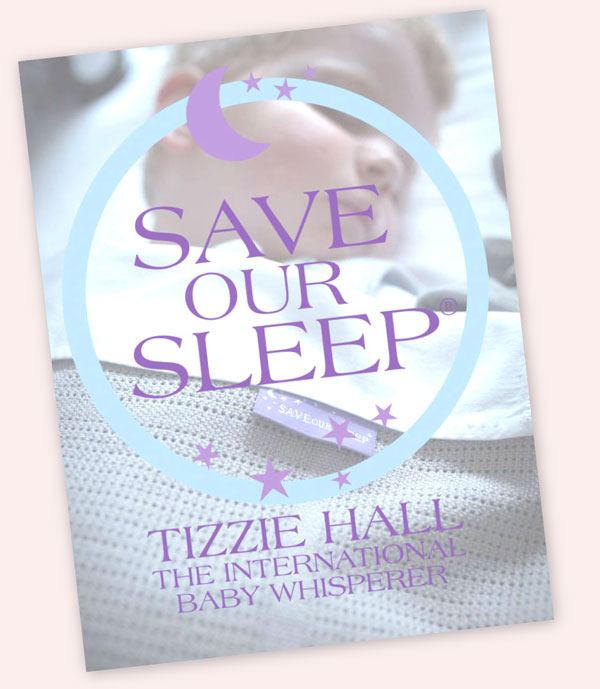Menu
This week I decided to talk to you about babies of twelve months and older. It is often at this stage I am contacted by parents who ask “Is it too late?!”
While I do often tell my clients’ readers and friends that prevention is the best cure for sleep problems, that doesn’t mean we can’t solve established sleep issues, so no you are never too late. We just need a different approach.
Many parents contact me at the one-year mark, totally frustrated by their babies consistent waking during the night and needing feeding, dummy replacement or rocking to go back to sleep. In most of these cases I find that the babies have never learned to self-settle in the first place, so they do not have the skills to resettle when they wake during the night.
No adult, child or baby will ever sleep through the entire night without waking, but in childhood we develop the ability to get back to sleep with little or no fuss. It is a parent’s responsibility to ensure these skills are taught to babies as early as possible.
Having worked with hundreds of babies over the years, it is my opinion that when they wake during the night they are looking for the last thing they were thinking of when they initially fell asleep. When I ask parents if they put their baby down awake they generally believe they do.
But what many don’t realise is that while their baby may look like she is awake, she has already begun reaching that heavy-eyed, falling-asleep stage while feeding, sucking on a dummy or been rocked. In reality, she has been aided into slumber, so when she wakes during the night she wants that same help to get back to sleep.
Unfortunately, by the time the parents give in to the crying baby and feed, rock or put the dummy back in, some babies are fully awake thus making resettling much harder.
The way I see it, you have four relatively straightforward options:
1. “Some day” Continue what you have been doing and hope that some day the problem will go away. This is not recommended for the long-term sanity of babies and their parents!
2. Utilise a controlled crying technique, a method that many books and sleep schools recommend. This sometimes works, but it can be traumatising for babies and parents alike and I don’t recommend this technique for babies of any age. Babies get very upset and confused when their parents continually come in and out, because the rules are difficult to learn. Effectively you are teasing your baby and often just teaching her to cry for longer periods.
3. Then there is what is called the ‘deep-end approach’, which is what I recommend for most parents with babies over one year of age. As opposed to walking in slowly from the shallow end of the pool, I think it is better to just jump straight into the deep end. I find this method gets rapid results, with baby and family becoming happier and more rested. However, before starting this approach I suggest you follow the full Save Our Sleep approach which includes joining The Happy Baby Sleep clinic and making sure all your baby’s needs (listed below as tips) are met before starting to teach your baby to sleep the deep end approach.
4. The other option is one I don’t really like to mention – cry it out.
Cry it out, is a sleep training technique that involves putting your baby in her crib fully awake and allowing her to fuss or cry until she falls asleep — without any help from you.
I see it as abandoning a baby and leaving them to cry often quite an emotional cry, because their needs are not met. These babies might not be eating the correct food, they might have a sore tummy from probiotic or stage 2 or three infant formula, they might not have the correct bedding.
I urge anyone attempting to teach their child how to self-settle to first look at these areas:
For more information on solving sleep issues please consider Save Our Sleep or Save Our Sleep Toddler. an the cure

Join our newsletter and receive a FREE download of the world famous Save Our Sleep Safe Bedding Guide delivered straight to your inbox!
PLUS you will also receive a thank you gift offer shortly after.
"*" indicates required fields